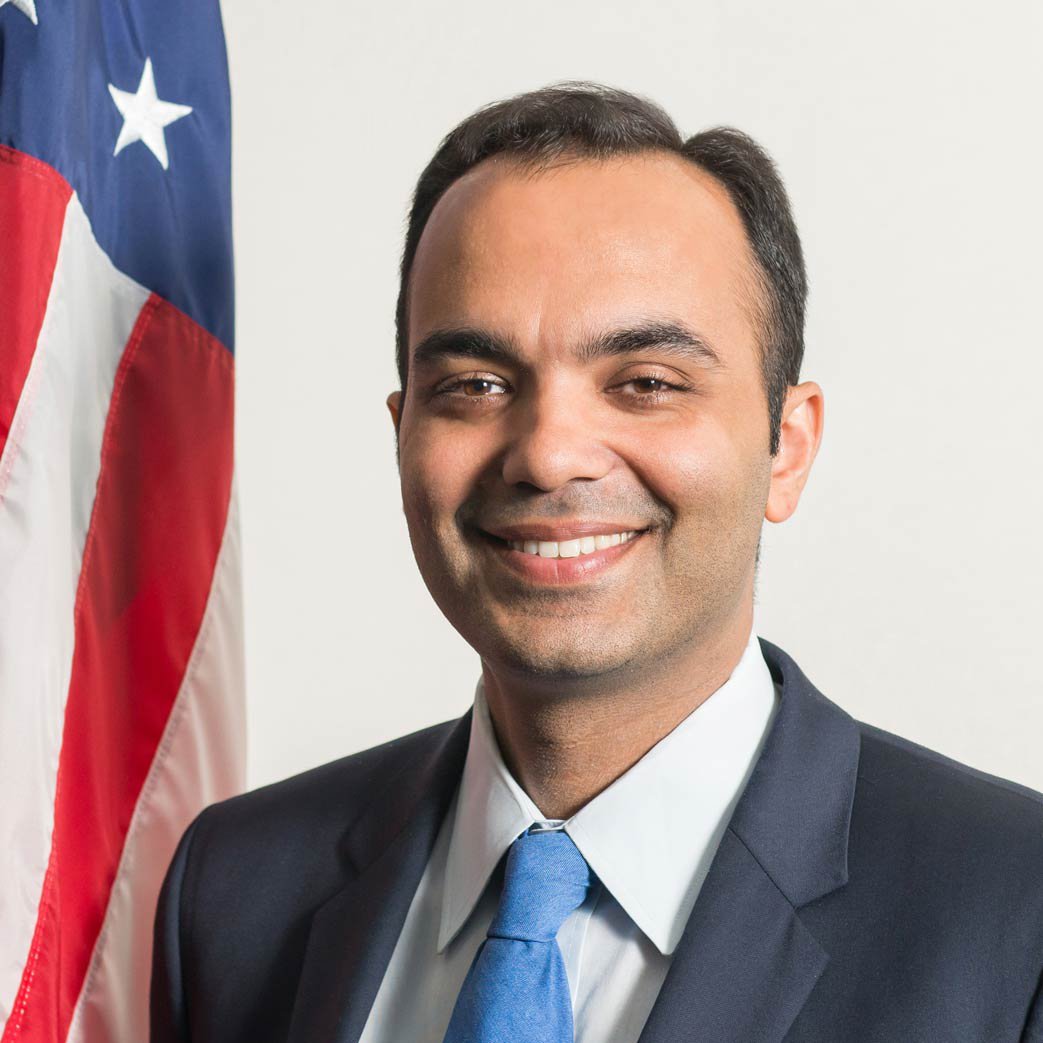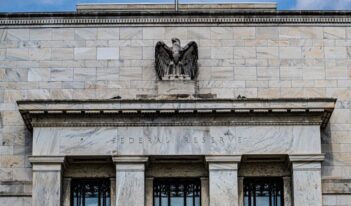
Regulators must not provide special treatment to dominant companies that are caught repeatedly violating the law.
I want to address a vexing problem facing regulators across sectors of the economy: How do we stop large dominant firms from violating the law over and over again with seeming impunity? Corporate recidivism has become normalized and calculated as the cost of doing business; the result is a rinse–repeat cycle that dilutes legal standards and undermines the promise of the financial sector and the entire market system.
Agency and court orders are not suggestions, but many large companies see them as such. While small firms can get hit hard with penalties that threaten their viability and their operators fear imprisonment, many large institutions see the law as mere expenses on their income statements.
The special treatment applied to large financial institutions over their smaller counterparts, as well as the “too big to fail” and “too big to jail” problems, undermines the public’s confidence in the rule of law, a bedrock principle of our society. Honest players and new entrants are disadvantaged, and the whole system is corroded.
We must forcefully address repeat lawbreakers to alter company behavior and ensure companies realize it is cheaper, and better for their bottom line, to obey the law than to break it.
There are many more examples, but you get the point. Repeat offenses—whether for the exact same offense or more malfeasance in different business lines—are par for the course for many dominant firms, including big banks, Big Tech, Big Pharma, and more.
The numbers are also quite large. The CFPB ordered Citibank to pay more than $1 billion in consumer redress. We ordered JPMorgan Chase to pay more than $300 million. All told, in the decade since Congress stripped the Federal Reserve Board, the Office of the Comptroller of the Currency, the Federal Trade Commission, and other agencies of their authorities and transferred them to the new consumer regulator, the CFPB has already required large corporate recidivists to provide more than $3 billion in consumer redress.
Of course, small players also violate the law. But when they do, they often face punishing sanctions that fundamentally question whether they can remain viable. Dominant firms seem to know that law enforcement will not have that kind of impact on their viability, which allows them to take bigger risks that come with big rewards.
After the savings and loan crisis of the 1980s and early 1990s, scores of individual bankers were convicted by the U.S. Department of Justice. Many were sent to prison. But almost no single senior executive went to jail or was truly held financially accountable for their roles in the 2008 financial crisis, even as Americans paid a serious price when they lost their homes because they were underwater with toxic mortgages.
Often, our laws provide immediate disqualifications from certain privileges for companies found to be engaged in wrongdoing. This is particularly true when it comes to violations of criminal statutes. For example, under federal securities law, an issuer cannot enjoy the privileges of being designated as a well-known seasoned issuer if it has committed certain felonies, misdemeanors, or violations of various anti-fraud laws. This designation gives the largest companies a true competitive advantage over smaller companies in tapping our capital markets. However, the SEC has routinely waived this disqualification. For example, from 2006 to 2015 the SEC granted 23 such waivers to Citigroup, Barclays, UBS, JP Morgan, and Royal Bank of Scotland alone. Meaningful penalties become a paper tiger when regulators are not willing to enforce them, entrenching incentives for large companies to engage in repeated misconduct.
Similarly, violating Justice Department deferred prosecution agreements, which are deals made between the Justice Department and companies to postpone prosecution on the conditions of better behaviors, have become quite common with corporate defendants. For example, JPMorgan Chase has a long history of multiple, overlapping deals with the Justice Department. In 2020, the Justice Department offered JPMorgan a deferred prosecution agreement for its eight years of “separate schemes” relating to trading, despite the fact that, as the Justice Department acknowledged in the same press release, the company had already pled guilty to “similar misconduct involving manipulative and deceptive trading practices.”
There has been a lot of noise by government officials that big financial institutions are not “too big to jail,” but the way government has been treating them suggests otherwise. This simply raises the stakes in what we do, as government regulators, when wrongdoers are caught.
This essay is part of a three-part series based on remarks delivered at the Annual Distinguished Lecture on Regulation at the University of Pennsylvania Law School on March 28, 2022.
A fully formatted version of this entire three-part series is also available for download as a single, integrated PDF article.




